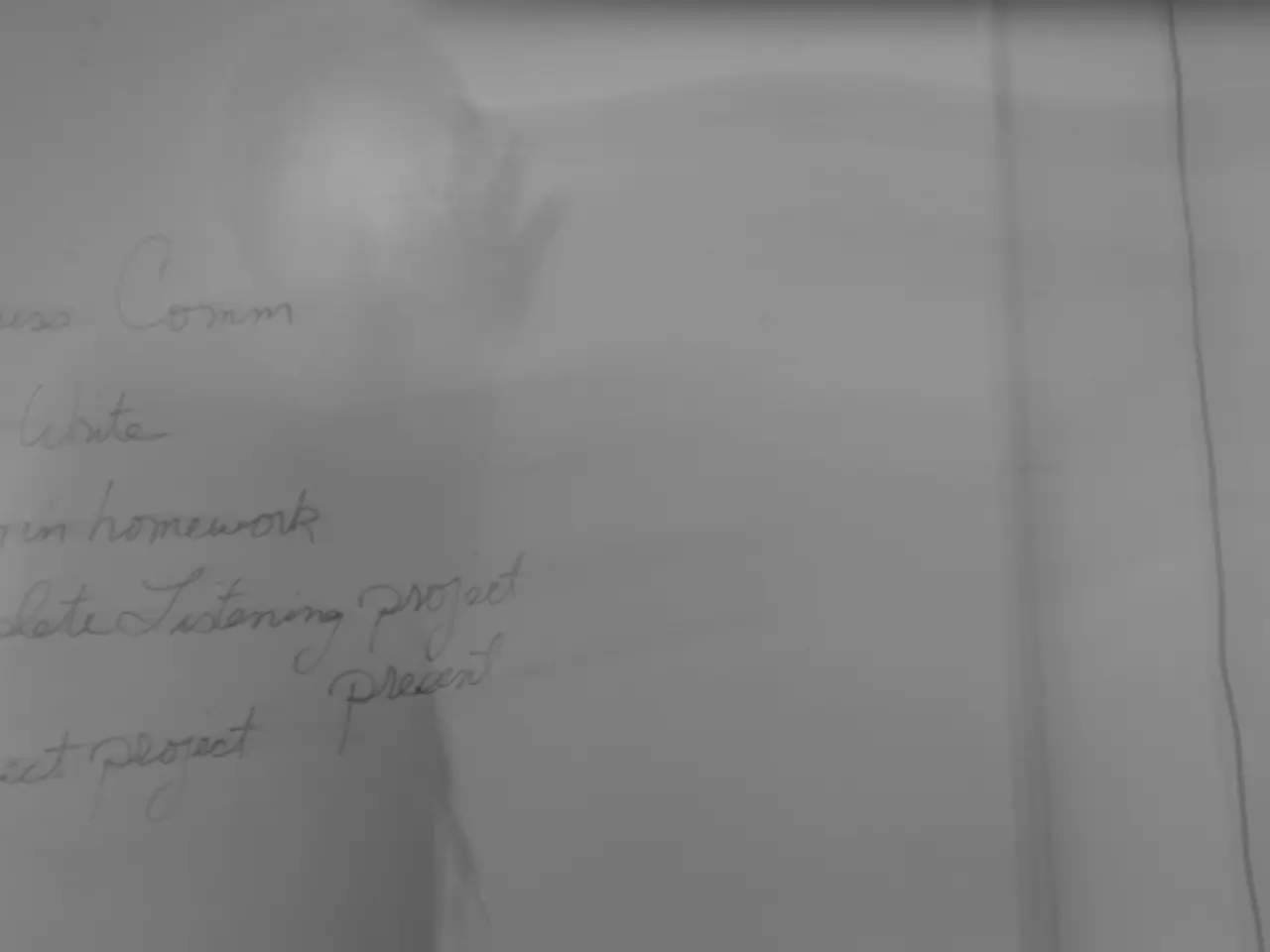Brain's Persistent Grip on Disorderliness (or Disorganization)
In the realm of psychology, two phenomena – Loss Aversion and the Endowment Effect – have a significant impact on our lives, particularly when it comes to decluttering our homes. Loss Aversion is the cognitive bias that causes people to prefer avoiding losses over acquiring equivalent gains, while the Endowment Effect is the psychological bias where people attribute more value to something simply because they own it.
These biases can make decluttering a challenging task, as people tend to be unwilling to give up their possessions, even if they no longer serve a purpose. The pain of letting go can be greater than the pleasure of acquiring something new, a phenomenon that is more pronounced due to Loss Aversion.
However, understanding these biases can help us devise strategies to overcome them. Prospect Theory, a theory that explains how people make decisions when faced with uncertainty or risk, offers valuable insights. It focuses on perceived gains and losses rather than actual outcomes, providing a framework for effective decluttering.
To tackle the emotional barriers created by Loss Aversion and the Endowment Effect, here are some key strategies:
- Reframe decluttering as a gain, not a loss: Emphasize the positive benefits of decluttering – such as increased space, improved well-being, and a more sustainable lifestyle – rather than focusing on what is being lost. This framing can reduce the pain associated with letting things go, counteracting loss aversion.
- Replace old habits with new routines: Instead of just trying to discard items, create new habits where unwanted possessions are replaced with more meaningful or sustainable alternatives. For example, donating used items to charities can give them a new life and purpose, making the decision feel like a gain rather than a sacrifice.
- Make decluttering easy and structured: Breaking the task into manageable steps triggered by specific cues can reduce overwhelm. Using a clear routine with a rewarding outcome helps build positive habits that override inertia or emotional resistance.
- Increase tolerance for uncertainty and impermanence: Psychological strategies that build comfort with uncertainty and the idea that not owning everything is okay can reduce hoarding tendencies related to fear of loss and uncertainty, both of which are linked to loss aversion and the endowment effect.
- Align actions with personal values to reduce cognitive dissonance: When people struggle emotionally with discarding possessions due to loss aversion, reminding themselves how decluttering aligns with their values (e.g., simplicity, sustainability, community) can motivate change and reduce discomfort.
By applying Prospect Theory to decluttering, we can shift focus from what is lost to what is gained, strategically build new habits, and cognitively reframe possessions and their value. These strategies help diminish the emotional barriers created by loss aversion and the endowment effect, allowing more effective and psychologically sustainable decluttering.
While direct search sources detailing decluttering strategies based on Prospect Theory and the endowment effect may be scarce, these recommendations are grounded in the psychological principles discussed in the provided context.
- To make the process of decluttering less daunting and more rewarding, consider enrolling in a home decluttering course that is based on the principles of Prospect Theory and psychology, focusing on health-and-wellness and mental-health benefits.
- By adopting a mindful approach to minimizing clutter, one could prioritize their blog content around the science of decluttering, blending practical tips with psychological insights for a more impactful and engaging readership.
- As part of a health-and-fitness regimen, incorporating regular periods of decluttering into one's routine can lead to enhanced mental clarity and overall well-being, reinforcing the biological link between physical health and a decluttered environment.
- The practice of mindfulness can be combined with decluttering to further strengthen its psychological impact, fostering a deeper understanding of one's attachment to possessions and promoting mental health and personal growth.
- Decluttering one's home through a science-backed, psychologically sound approach not only leads to tangible results but also encourages healthy habits and improved mental health, ultimately contributing to a more balanced and fulfilling life.




